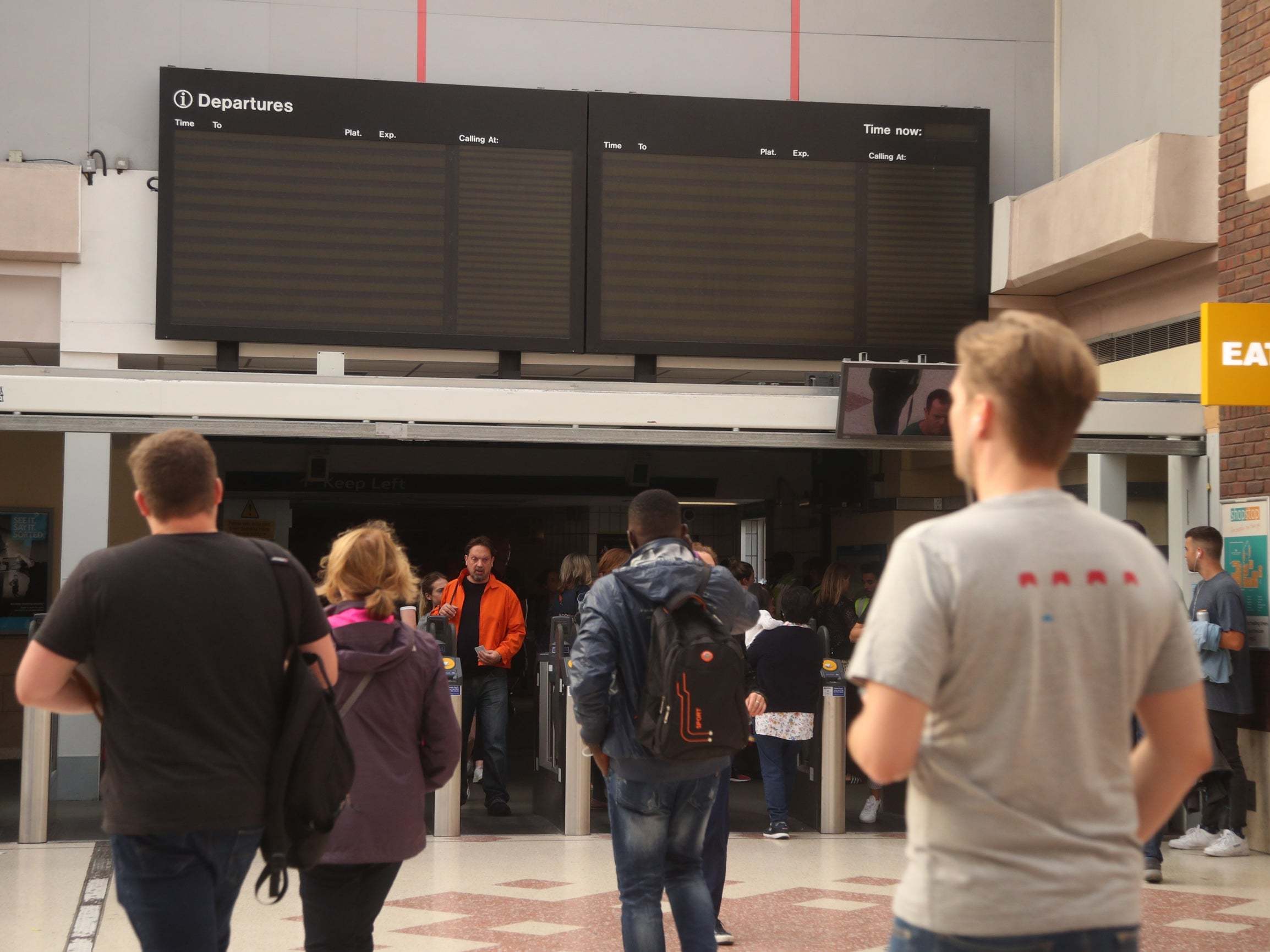Friday’s wave of power cuts should prompt questions about Britain’s infrastructure
Editorial: It is a no-brainer that we should use this period of low interest rates to finance an investment in improving our electricity supply

When you press a light switch, you expect the light to come on. The wave of power cuts that swept across Britain on Friday are a reminder of how much an advanced economy depends on a constant, reliable supply of electricity. According to the official estimates, nearly a million people were directly affected. The number indirectly affected – whose lives were disrupted in some way or other – will have been much higher. It is also likely, sadly, that some people will have been injured or harmed by the loss of power.
The National Grid promises to learn lessons from what it correctly says was “an incredibly rare event”. We should in fairness wait until a full explanation is available as to why two power stations having problems at the same time should collapse large parts of the grid. But meanwhile it is equally fair to point out three things.
First, this event has occurred at a time of relatively low power demand. This is not an unusually cold snap in the middle of winter. The system should not be under pressure. Second, the whole purpose of the grid is to cope with exactly this sort of situation, and we have more than a century of experience of balancing demand with supply to avoid power failures.
Third, because a reliable supply of power is so vital, the practice in the past has been to build excess capacity into the system. Excess capacity costs money, for the obvious reason that plants are lying idle. We should ask whether in the name of greater efficiency and higher profits, our electricity supply industry has been cutting things too tight.
There are two more general points. One is that along with other countries the UK is transforming its sources of electricity generation. Wind and to a lesser extent solar power are becoming more important; fossil fuels, notably coal, less so. We are right to make this transformation – indeed, it is vital that we do so – but we should move in a sensible, orderly way. And we have to acknowledge that both the grid and overall electricity generation will become more important over the next 30 years than it was in the past. Demand will rise, particularly as a result of road transport shifting from petrol and diesel to electricity. And supply will become more complex.
This leads the second general point. Transforming our systems of electricity generation and transmission requires investment. This is one of the great challenges of the coming years: how does the UK invest to improve its infrastructure? It is a no-brainer that we should use this period of low interest rates to finance the investment. But while the principle is easy to state, the practice is much tougher to carry through. A reliable, low-carbon and acceptably cheap supply of electricity is top of any list. But so too is the building of low-carbon and affordable homes. So too is the upgrading of transport links – a tough one indeed. But at least the funds are available, and that is an opportunity that must be seized.
Join our commenting forum
Join thought-provoking conversations, follow other Independent readers and see their replies
Comments
Bookmark popover
Removed from bookmarks